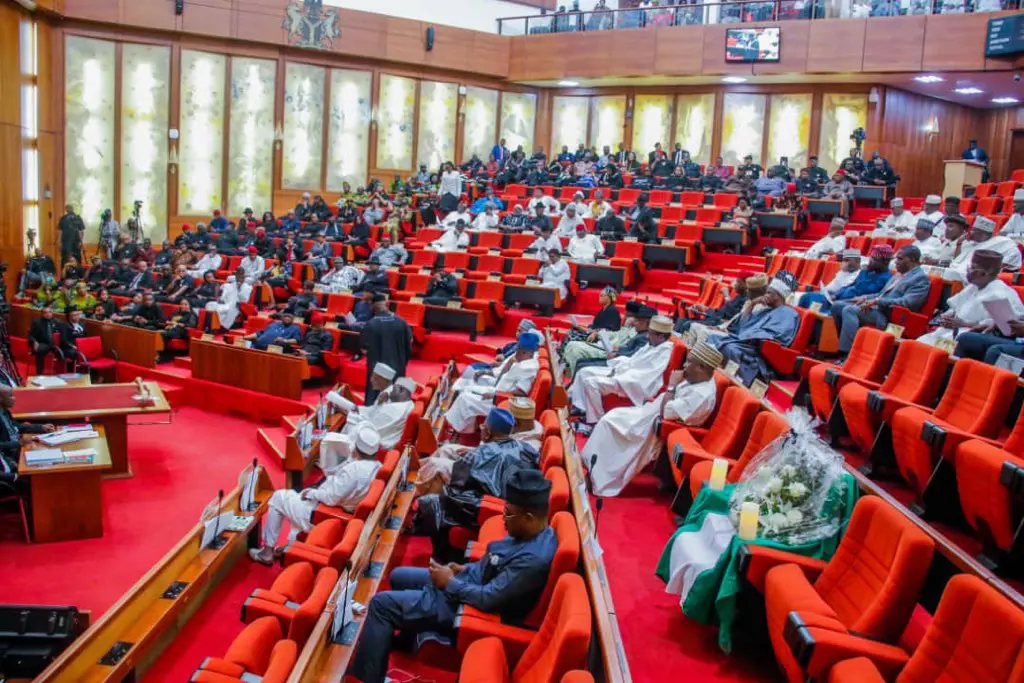Senate Approves Up To 14-Year Jail Term For Sexual Harassment In Tertiary Institutions

The Senate has approved a new law prescribing prison terms of five to 14 years, without the option of a fine, for anyone found guilty of sexually harassing students in Nigeria’s tertiary institutions.
On Tuesday, lawmakers passed the Sexual Harassment of Students (Prevention and Prohibition) Bill, 2025 (HB.1597), during its third reading. Senate Leader Senator Opeyemi Bamidele (APC, Ekiti Central), who presented the bill for concurrence, said it is designed to protect students from all forms of sexual misconduct while providing a clear legal framework for punishing offenders.
“The Bill is enacted to promote and protect ethical standards in tertiary education, the sanctity of the student-educator relationship of authority, dependency, and trust, and respect for human dignity in educational institutions,” Bamidele said.
Under the law, anyone convicted of sexual harassment faces up to 14 years in prison and not less than five years. Lesser offences carry two to five years in jail, with fines explicitly prohibited.
The legislation also allows students or their representatives to initiate civil actions against educators for breach of fiduciary duty. Institutions may conduct internal disciplinary proceedings, but such processes must be suspended if a criminal case on the same matter is pending in court.
Sexual harassment is defined in the bill to include “grabbing, hugging, kissing, rubbing, or touching the breasts, hair, lips, hips, or any other sensual part of the body of a woman; displaying, giving, or sending sexually explicit pictures or materials; whistling, winking, making sexual remarks, or stalking a student.” The law clarifies that consent by the student is not a valid defence, except where the educator and student are legally married.
Complaints can be filed in writing by the affected student, a relative, guardian, or lawyer to the Nigeria Police Force or the Attorney-General, with copies sent to the Independent Sexual Harassment Committee of the relevant institution.
During the debate, some lawmakers called for the bill to extend beyond students. Senator Adams Oshiomhole (APC, Edo North) argued, “There is no need to restrict sexual harassment issues to students. We should craft this law in a way that gives it universal application.”
Deputy Senate President Barau Jibrin (APC, Kano North), who presided over the session, noted that the bill is a concurrence from the House of Representatives and could not be substantially altered, adding that existing laws already address sexual harassment in workplaces and other sectors.
The Senate passed the bill unanimously, hailing it as a significant step toward ending sexual abuse and safeguarding the rights of students in Nigeria’s higher education institutions.



